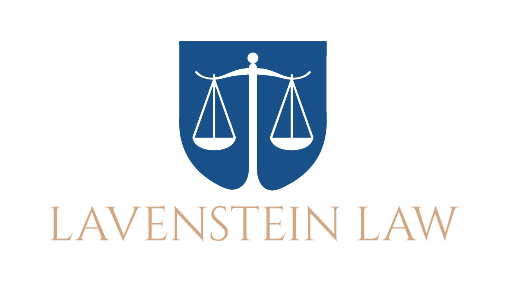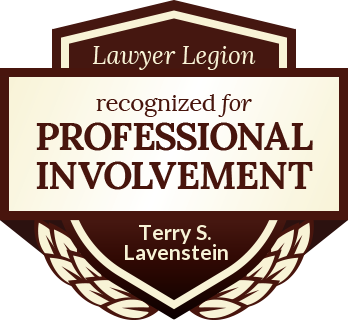By: Prachetas Nair
[ad_1]
If you’re ever accused of a crime due to a severe mishap, spending time in jail could be a nightmare. If at all you were to land up in a jail anyway, the first thing that comes to your mind is how to escape it. Luckily, a person is legally innocent until verified guilty, in most given situations the judge permits the defendant to be free until the date of the hearing or trial period.
Generally, the judge demands for the defendant to arrange for some form of agreement that guarantees their return to face the charges until they are officially free from custody. This agreement is called a Bail Bond, and it is generally handed over to the court in the form of cash, property, a signature bond, a secured bond or property bond. If the defendant fails to show up, the court confiscates the bail amount and issues an arrest warrant against the defendant after imposing “jumping bail”.
Bail bonds are generally set during an official event termed as bail hearing. During a hearing, the Judge meets the defendant and decides based on the defendant’s verbal plea, whether it is suitable to set bail. While considering bail bonds such as, secured bonds or property bonds, the Judge will reflect on facts and figures of the Defendant’s financial, proprieties resources as well as the collateral security resources.
A number of factors are taken into concern while setting the bail sum. Firstly, the judge looks at the defendant’s criminal history. A repeat delinquent or offender is likely to be set a greater amount of bail when compared with someone with no criminal record. The intensity of the crime is yet another aspect when deciding on the bail amount. The more severe the defendant’s custody, the greater the amount of bail they need to pay. The amount is often set higher when the judge assumes that the defendant will not return to court.
A bail bond agent, or bondsman, is an individual or company that acts as a guarantor and pledge money or property as bail on behalf of the persons accused in court. Before agreeing to post bail, the bail agent calls for security from the defendant’s side, such as jewelry in terms of collateral, land deeds or written agreements by worthy friends, family and peer groups of the defendant.
Although banks, insurance companies and other organizations usually act as guarantors for many, they remain to be reluctant about putting their funds at the risk involved in posting a bail bond. On the other hand, bondsmen are usually in the business only to look after criminal defendants, frequently safeguarding their clients’ discharge in a couple of hours.
When defendants are unable to post their own bail, they hunt for help from a reputed bail agent. A bail agent or corporation is fully liable to the court in case the defendant doesn’t show up for the final hearing. Thus In layman’s terms, bail may be called as a financial settlement that a bail bond company will make on behalf of the criminal defendant.
[ad_2]
Source













